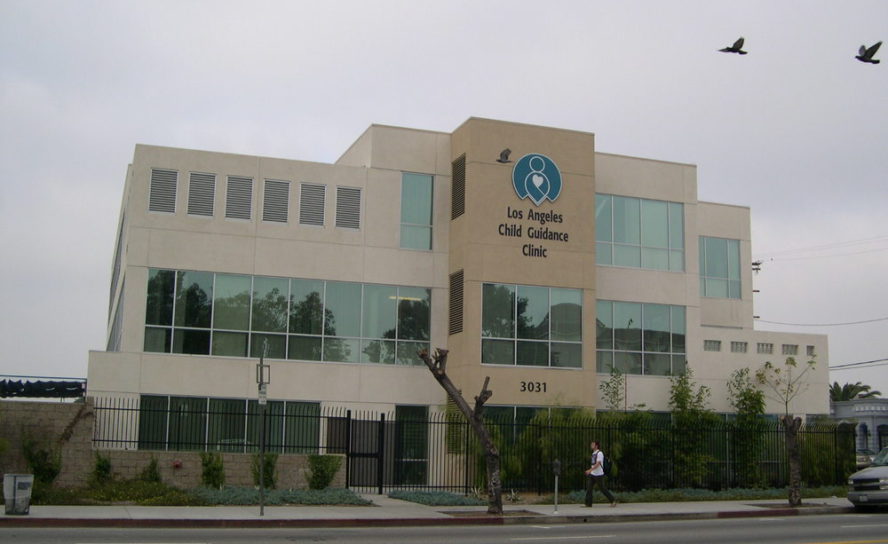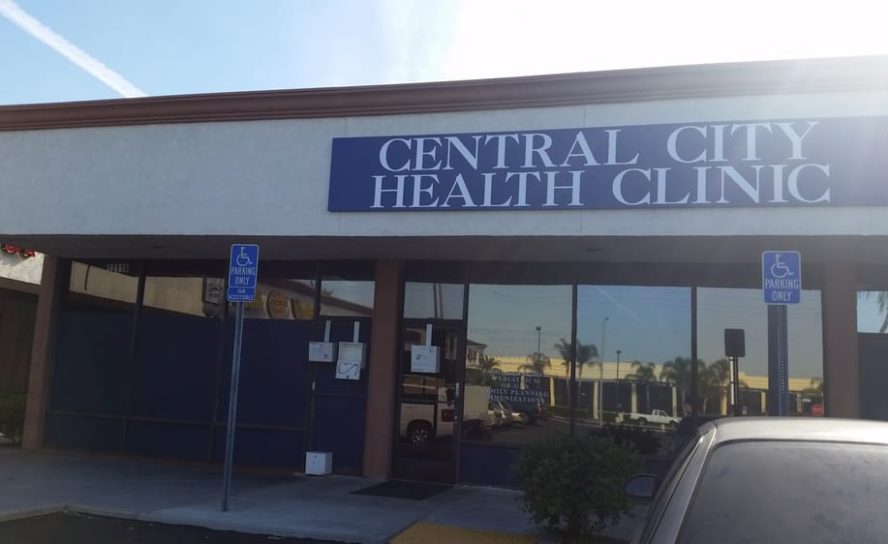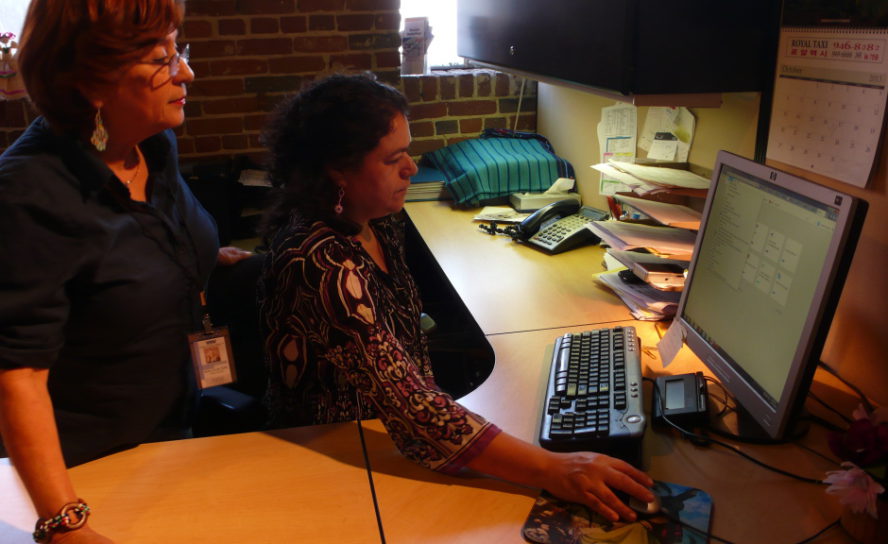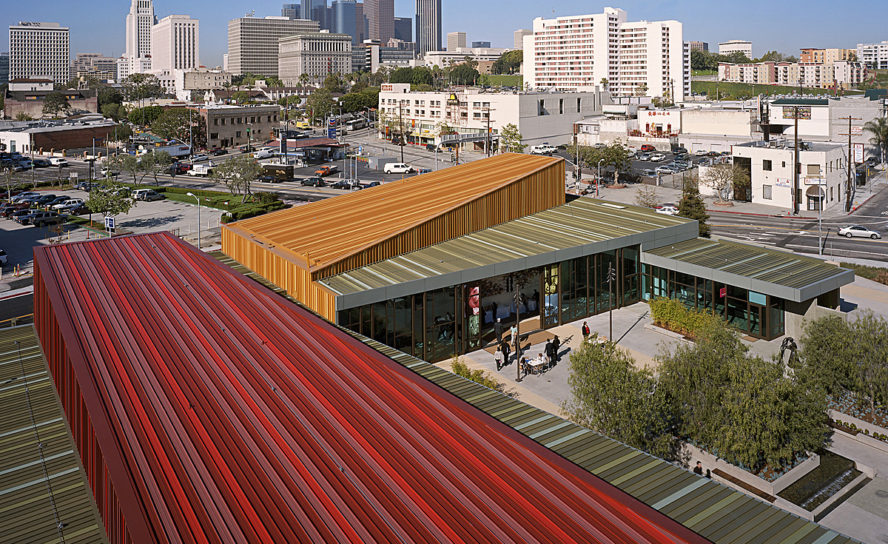ADDRESS: 5955 S Western Ave,
Los Angeles, CA 90047
PHONE: (323) 758-9480
EMAIL: lpardo@worksitewellnessla.org
WEBSITE: http://www.worksitewellnessla.org/
Our Mission
Founded in 1996, Worksite Wellness LA’s (WWLA) mission is “To improve the health status of low income, medically underserved families through workplaces in Los Angeles County.” Our goal is to create a bridge between these underserved families and the health care system by providing information at the worksite that encourages personal responsibility, a healthy lifestyle, and timely and appropriate utilization of health care services.
Health Needs of Low Income Working Families
A significant number of low-wage workers, now mostly Latino, who work in light manufacturing industries in Los Angeles, typically, do not receive health benefits or health education programs at their place of employment. As a result, they and their families are uninsured and have limited access to health care or health information. Many are unaware of when and where to seek preventive and/or routine care that can mean the difference between a minor and a major health care problem. They often cannot afford to take time off from work to seek information. Finally, a significant number have not had access to culturally relevant and effective messages concerning prevention and healthy lifestyle choices.
Difference WWLA Makes
By bringing preventative health education and information on access to health care to a low income working population, we encourage healthy behavior changes through awareness, information and education. Moreover, we facilitate access to health care through referrals, follow up, and enrollment of children into publicly/privately subsidized health coverage programs. All services are provided in English and Spanish.
Our staff includes a health educator and peer health promoters that are from the community and are able to gain the trust of the workers who have concerns about participation in our programs or in accessing health care services. We work towards improving workers’ health, decreasing utilization of emergency room services, and improving productivity and retention at the worksite.
WWLA differs from other worksite wellness programs in that there is literally no one else who travels to the worksites in our community to deliver services and has access to our population. Those that offer worksite wellness programs serve white-collar workers in other communities with programs that function as additions to their health insurance coverage; yearly health fairs or occasional screenings. WWLA’s program is not only unique in that we deliver our services at the worksite, our services are available to the workers on as needed basis.






